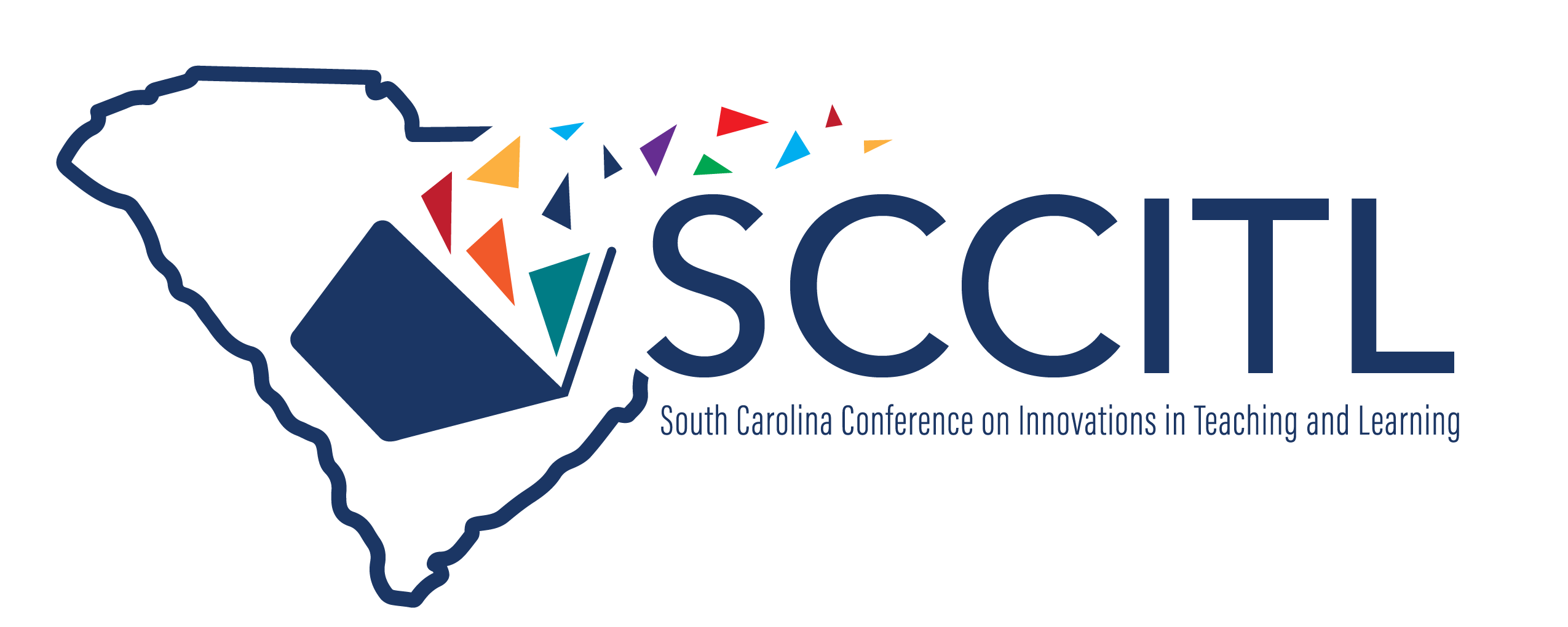Teaching Health Care Students and Professionals about Social Determinants of Health using Several Approaches and a Modified Privilege Walk
Track Choices
Classroom Research
Abstract
Based on gaps in the literature, the presenter restructured an online undergraduate Social Determinants of Health (SDOH) course to identify effective teaching methods and improve the quality of the course for health care students. Many of our students are allied health care professionals and work closely with diverse patients. The presenter (1) utilized the World Health Organization's Committee on Social Determinants of Health (CSDH) Conceptual Framework and (2) identified a range of assignments that may improve understanding of SDOH in our students' personal lives and their social and physical communities. New assignments included a Modified Privilege Walk (MPW), cultural awareness case study, photo essay, service-learning project, and critical reflection writing. This project illustrated the need to teach about SDOH and have frank discussions about personal privilege as one component of SDOH. These discussions about SDOH and privilege as an SDOH may create more empathetic healthcare providers and leaders, increase healthcare quality, and increase advocacy from pre-health professionals for underserved populations. It is the presenter's goal to create and share reproducible methodologies with academic educators to teach SDOH and effectively assess student learning about SDOH. The presenter collaborated with a University of Kentucky colleague to replicate this classroom project with their in-class cohort of undergraduate pre-health professional students, showing these activities and assignments can be done both online and in-person. The presenter will share several publications that highlight education research about teaching SDOH. The REDCap questionnaire for the Modified Privilege Walk: https://redcap.musc.edu/surveys/?s=RDMAJXPXTR There are instructiona at the beginning of the questionnaire. The questionnaire will close at midnight on Sunday, July 11th.
Teaching Health Care Students and Professionals about Social Determinants of Health using Several Approaches and a Modified Privilege Walk
Zoom Room 6
Based on gaps in the literature, the presenter restructured an online undergraduate Social Determinants of Health (SDOH) course to identify effective teaching methods and improve the quality of the course for health care students. Many of our students are allied health care professionals and work closely with diverse patients. The presenter (1) utilized the World Health Organization's Committee on Social Determinants of Health (CSDH) Conceptual Framework and (2) identified a range of assignments that may improve understanding of SDOH in our students' personal lives and their social and physical communities. New assignments included a Modified Privilege Walk (MPW), cultural awareness case study, photo essay, service-learning project, and critical reflection writing. This project illustrated the need to teach about SDOH and have frank discussions about personal privilege as one component of SDOH. These discussions about SDOH and privilege as an SDOH may create more empathetic healthcare providers and leaders, increase healthcare quality, and increase advocacy from pre-health professionals for underserved populations. It is the presenter's goal to create and share reproducible methodologies with academic educators to teach SDOH and effectively assess student learning about SDOH. The presenter collaborated with a University of Kentucky colleague to replicate this classroom project with their in-class cohort of undergraduate pre-health professional students, showing these activities and assignments can be done both online and in-person. The presenter will share several publications that highlight education research about teaching SDOH. The REDCap questionnaire for the Modified Privilege Walk: https://redcap.musc.edu/surveys/?s=RDMAJXPXTR There are instructiona at the beginning of the questionnaire. The questionnaire will close at midnight on Sunday, July 11th.


